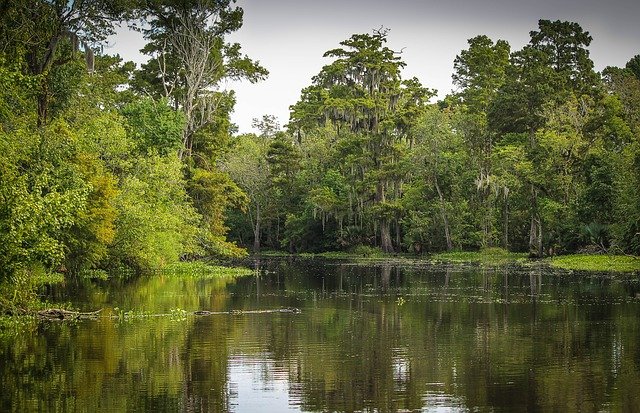
A victory? Yes. Did we win the war? A resounding NO!
Louisiana coastal advocates have been celebrating this recent headline: “Big Step Forward for $50 Billion Plan to Save Louisiana Coast.” That big step was the release of the U.S. Army Corps of Engineers’ environmental impact study on the state’s proposed Myrtle Grove river sediment diversion. This is the first of several diversions to let the river carry its load of land-building silt into our sinking coastal zone, the key tool that could keep it above sea level rise.
While maybe a misleading statement, it still might be true that in five to six years the diversion can be built and rebuilding land. Yet was it a true statement?
Well, not really. An accurate headline would have read: A big step forward to begin sustaining some of Louisiana’s coast, for uncountable billions. You see, “to save” means a job that can be done, that will eventually be finished. That will never be the case here.
Why not? We are fighting a continuous war with the Gulf of Mexico and if we stop – the Gulf wins. There are two attacks being made toward us – sea level rise and ground subsidence.
We’re sinking faster than most coasts on the planet because the levees we built to prevent the Mississippi River from flooding us each spring also stopped the annual loads of silt that built this place. So the huge wet sponge we live on is constantly subsiding because it is drying out, compacting, and decomposing. The very bright scientists and engineers driving our Coastal Master Plan know this will never stop. Indeed, their 2017 plan, the latest available, shows we can expect some of the key coastal areas to sink as much as 7 to 10 inches in the next 20 years. And that sinking will likely mean the miles of marshes rebuilt through dredge-and-fill operations at the cost of many millions will have to be rebuilt in 20 years or given up to the rising Gulf. Likewise, sea level rise will never stop. It’s been accelerating at historic rates the past two decades because human-produced greenhouse gas emissions are heating the oceans and melting ice fields. Yes, we can slow emissions to prevent the worst of the flooding over the rest of the century. But the injuries we dealt the planet mean even a slower rise will continue for centuries — even if humans can make the sacrifices needed.
The cost? Ever rising both by what will be needed and inflation. We will need millions every year if we are to win this war. The work so far should be applauded. There seems to be a greater knowledge and acceptance of what needs to be done.
But everyone who cares about this place — or the survival of any coastal landscape — needs to accept the existential reality of a forever war, of an endless struggle in which progress often be slow, almost unnoticeable, and that 50 years will not decide success. Only by admitting that will we begin to filter every decision we make beginning today against the impact it will have on our chances of a victory that will determine if future generations can live here. And our war is fast approaching a turning point. The evolving climate science is telling us we have ten years to make serious headway on emissions, or we may be forced into retreating, at least from this front. If we survive that decision, it will we can continue to fight.
And win the war, always fighting.



